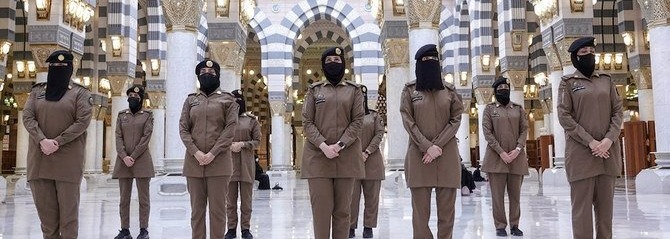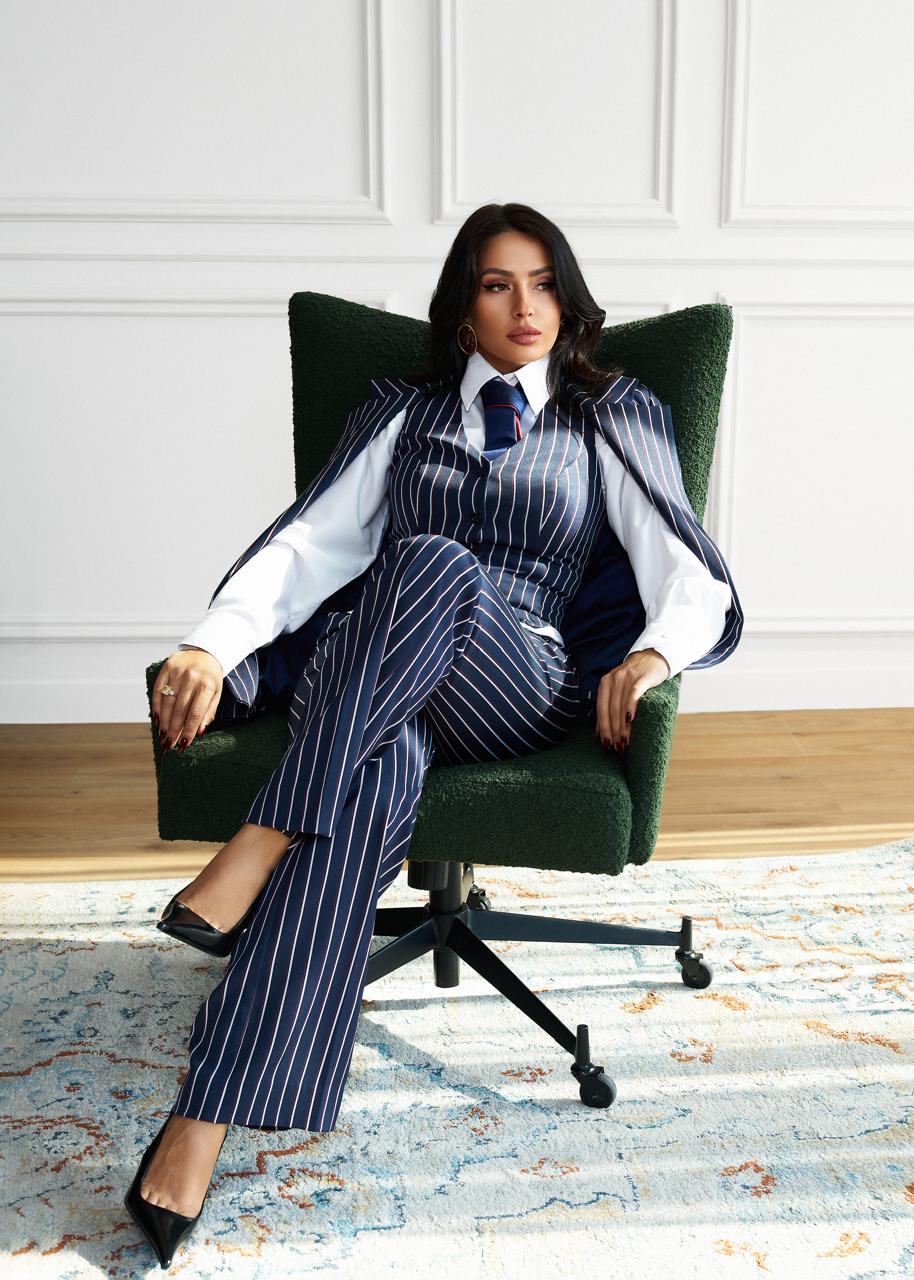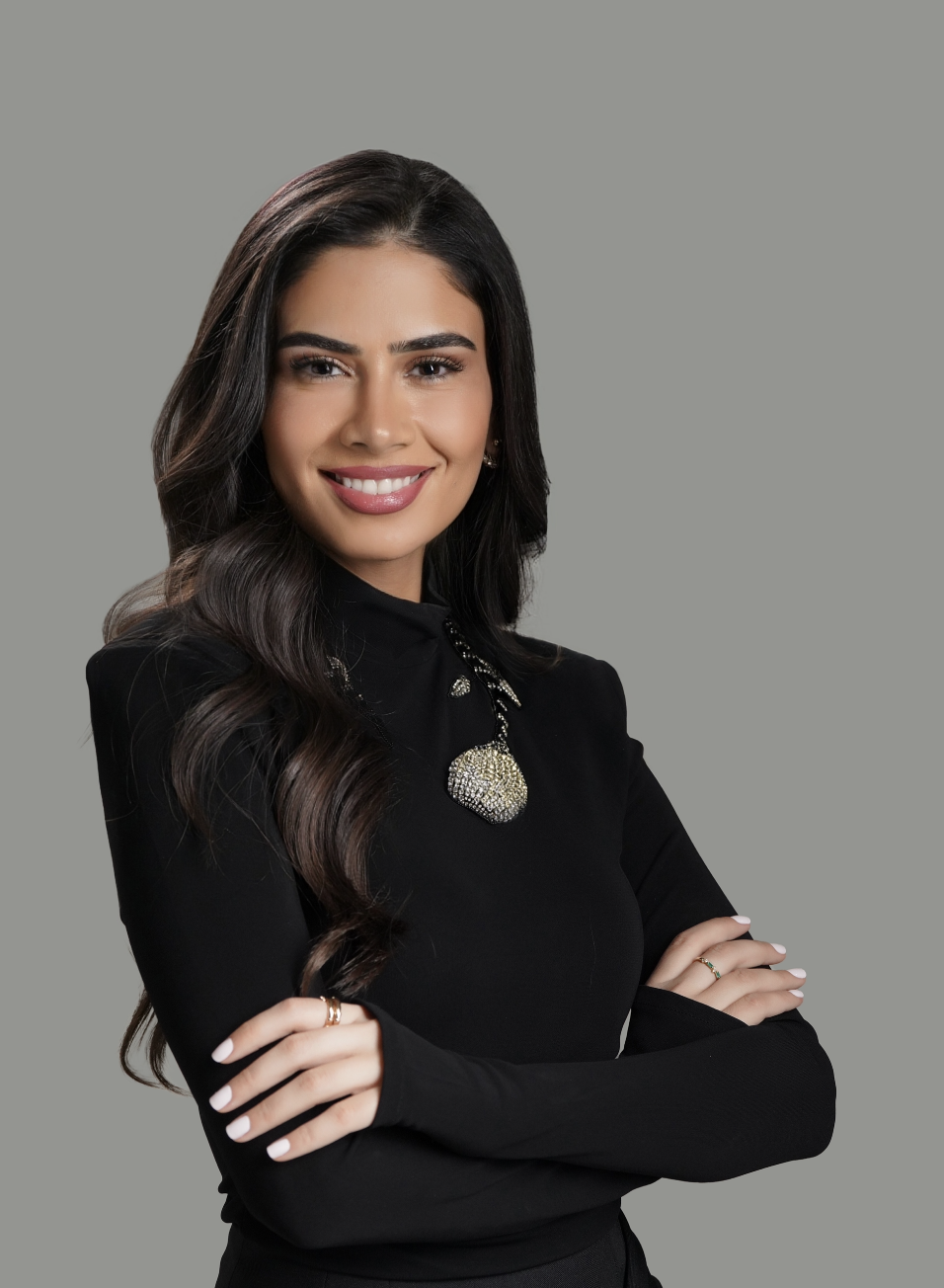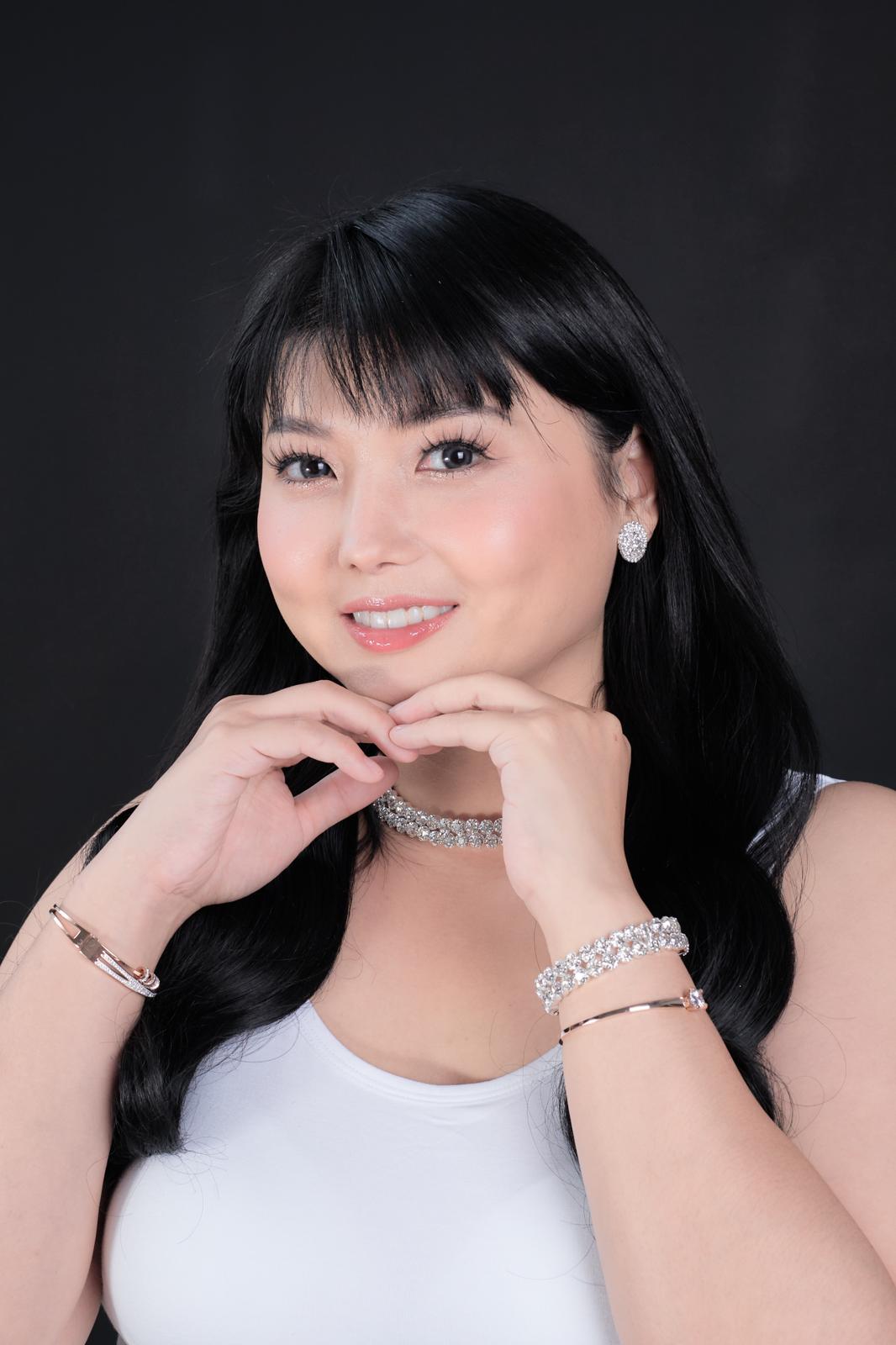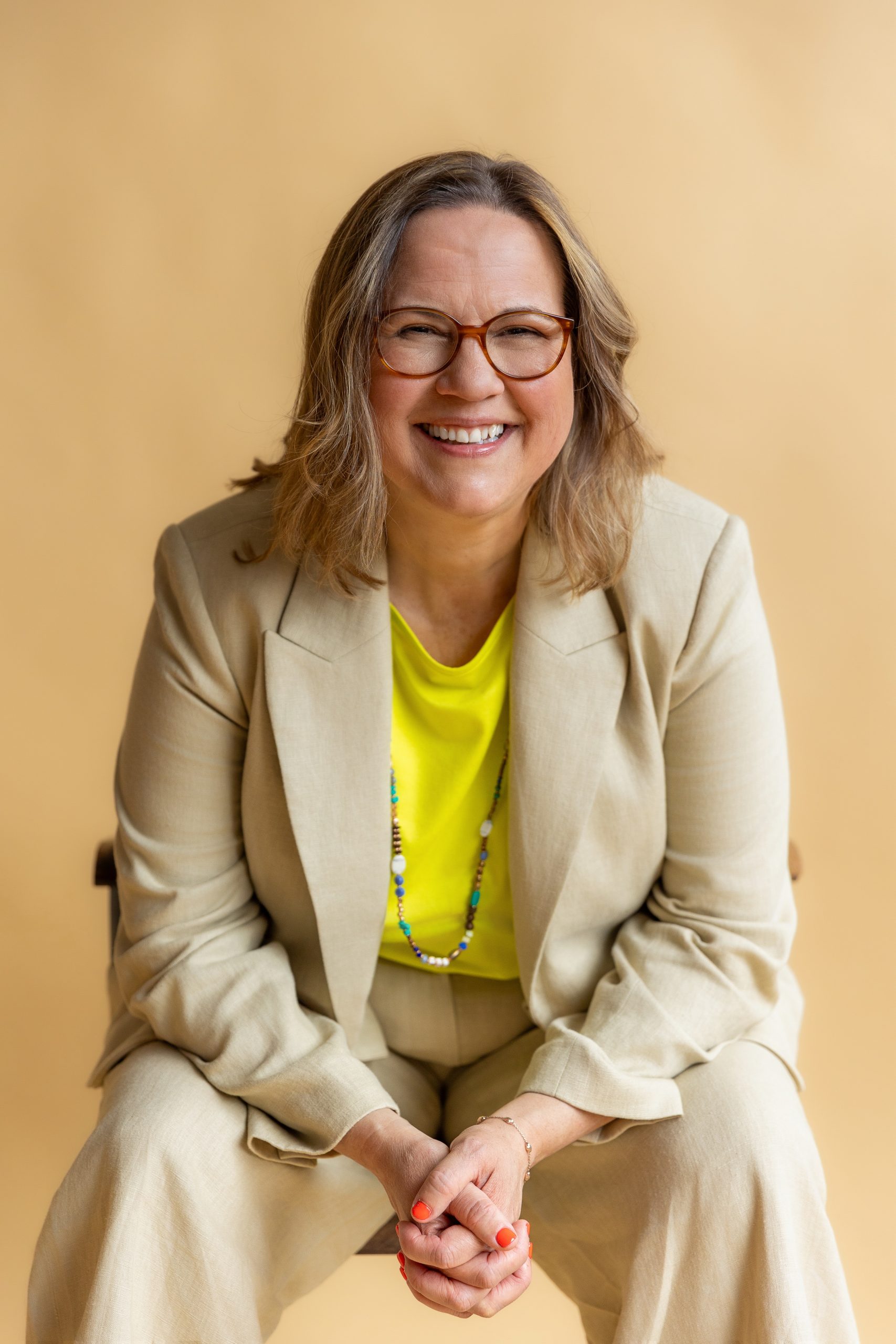In recent years, Saudi Arabia has made significant strides in advancing gender equality and empowering women, a journey that aligns with the ambitious Vision 2030 program launched in 2016. One powerful testament to this progress is the deployment of female security officers at the Grand Mosque in Makkah and the Prophet’s Mosque in Madinah. These officers play a pivotal role in providing security and assistance to worshippers, marking a groundbreaking achievement for Saudi women.The deployment of female security officers is part of the homeland security branch of Saudi Arabia’s Special Security Forces. In Madinah alone, a group of 113 military-trained female officers, known as the “Captainahs,” has been stationed at the Prophet’s Mosque for the past six months. Divided into four teams, each comprising nearly 18 officers, their mission is to watch over and assist pilgrims performing Umrah.These female security officers are easily recognizable in their mocha-colored uniforms, black berets, and veils that partially cover their faces. Their responsibilities encompass guiding and assisting female worshippers and enforcing COVID-19 safety protocols, which are crucial during the ongoing pandemic.
The officers have undergone rigorous training, including self-defense, first aid, firearm usage, language courses in Arabic and English, computer education, and physical fitness training.The deployment of these officers is a reflection of Saudi Arabia’s commitment to gender equality and the empowerment of women. It highlights the tangible progress made since Crown Prince Mohammed bin Salman initiated the Vision 2030 plan, which includes objectives related to women’s economic inclusion and increased workforce participation.Hanan Al-Rashidi, a 27-year-old officer with eight months of military service, emphasizes the humanitarian aspect of her role, describing it as an honor to serve at the Prophet’s Mosque and assist Allah’s guests. She takes pride in contributing to Saudi Vision 2030’s mission of empowering women, emphasizing that women in Saudi Arabia now have equal opportunities as men in various fields.Reem Al-Mahjoob, also 27 years old and serving in Madinah for the past six months, echoes the sentiment of empowerment. She acknowledges the significant role of Vision 2030 in enabling Saudi women to pursue careers in diverse sectors, including the military, aviation, and government.
Al-Mahjoob views the current era as one of female empowerment and opportunity, where women can participate fully in the workforce and society.The empowerment of women, as witnessed through the deployment of female security officers, aligns with Vision 2030’s broader goals of reducing gender-based discrimination and fostering safe work environments that promote growth and innovation. Saudi Arabia has implemented legal reforms, funded projects, and initiated initiatives that create opportunities for women across various sectors, including tourism, investment, and culture.The defense sector, in particular, has seen remarkable progress toward gender equality. Saudi Arabia opened its military to women three years ago, and in 2020, the first military wing for women was established within the armed forces. In 2021, the Ministry of Defense announced that both men and women in the Kingdom could apply for military positions through a unified admission portal, opening up opportunities for women at various ranks.
Female police officers were deployed in Makkah’s security force for the first time during the Hajj season in the midst of the COVID-19 pandemic, marking another milestone in the inclusion of women in traditionally male-dominated fields.The female security officers stationed at the Prophet’s Mosque in Madinah exemplify the Kingdom’s commitment to gender equality and the belief that there are no limitations to what women can achieve. Their dedication to their roles, their ability to respond effectively to emergencies, and their commitment to the safety of worshippers underscore the importance of including women in all sectors, even those traditionally associated with men.
As Saudi Arabia continues on its path of progress and empowerment, the presence of these female security officers serves as a powerful symbol of change and a testament to the Kingdom’s commitment to realizing the goals of Vision 2030. These women are not only contributing to the security of holy sites but also breaking barriers and inspiring future generations of Saudi women to pursue their dreams and aspirations, regardless of the field they choose. The message is clear: Saudi women can excel in any role they set their minds to, and the future holds even greater opportunities for their advancement.








